If you use alfalfa to feed animals or think it’s a bothersome weed in your yard, this article will try to convince you multiple benefits of this plant not just on pets, but on people.
The truth is that alfalfa has been used as a food for hundreds of years because it has high nutritional values and pronounced healing abilities. Its use, however, must be done very carefully and in consultation with a specialist.
Alfalfa (Medicago sativa) is a perennial plant of the legume family. It is rich in nutrients and is therefore particularly suitable for feeding backyard animals, both fresh and dried.
This herb herbal plant is important because it significantly enriches the soil with nutrients , such as a sodium , calcium , etc., usually alfalfa is planted during spring, from 1 to 15 April, but if there are conditions for continuous irrigation, then it can be planted in late summer to early fall. General rule that must be observed is that on October 1, when alfalfa sprouts, do not let it freeze.
History of alfalfa
For the first time historical texts mention alfalfa in the book of the Emperor of China , which was written in 2939 BC. The Chinese traditionally used alfalfa since time immemorial to reduce swelling and to treat problems related to fluid retention.
The Arabs are among of the first to utilize the beneficial properties of alfalfa. This herb was so valued in their culture, they even gave it the name "Alfalfa", which means "father of all foods." They gave their horses alfalfa to be stronger and more durable. A little later, they began to use alfalfa as food and medicine for its wide range of nutrients.

They found that alfalfa salad can help prevent constipation . In German folk medicine, water infusion of the dried stems of alfalfa in diabetes mellitus and impaired thyroid function is being used to this day.
In popular folklore, it is believed that when alfalfa is burned and scattered around the house, you can protect your home and the people in it. The plant was an integral part of the "Wicca" rituals, which sought to protect the home and is believed to protect from poverty and hunger.
Composition of alfalfa
Alfalfa is very rich in minerals, vitamins and other nutrients. It contains eight essential amino acids, and a bunch of antioxidants. The composition has a generous content of protein, flavone and estrogen-like effects, saponins (2-3%) and sterols.
Alfalfa is rich in the coumarin derivative lorofil.
In it are found high doses of vitamins - carotene, A, D, B1, B4, B6, E, K, U, and many minerals, the greatest amount of calcium, iron , magnesium, phosphorus, potassium, sodium, silicon, zinc .
Alfalfa is the main source of enzymes - amylase, coagulase, emulsin, invertase, lipase, pectinase, peroxidase and protease. Alfalfa contains a lot of fiber and digestive enzymes, which are very important for the work of the digestive tract and are subject to effective diets .
Use of alfalfa
Although very useful, alfalfa should not be used "on your own accodr." On the market you can find dried alfalfa leafs, tablets or capsules. Alsom you can find pharmacies that sell liquid extracts. Most packs and leaflets of various preparations indicate a desirable dose, but there is no established therapeutic dose of alfalfa for people.
Some herbalists require a daily dose for men of 500 to 1, 000 mg of dried leaves or 1-2 ml of tincture, three times a day. It is advisable to resort to the alfalfa tablets and capsules only after consulting your doctor or trusted professional. Use the pills as directed by package or packaging.
Alfalfa tea can b made with 1 tablespoon of the herb that is soaked in 220 ml of boiling water for 10 to 20 minutes. Drink one cup of tea daily.
Alfalfa tablets are sold at a very affordable price. For many people, these capsules are better than soluble multivitamin tablets for natural abundance of nutrients. This also means that these nutrients are absorbed more quickly by the body.
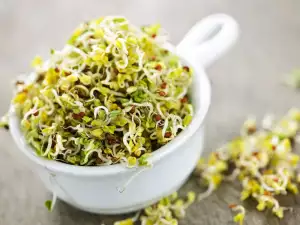
Benefits of Alfalfa
Its curative intent applies throughout herbs and leaves. Clinical studies have shown that alfalfa has a good effect in postmenopausal issues combined with sage, positive affect on high cholesterol and works well for people suffering from anorexia.
Alfalfa has a set of positive and healthy benefits on the human body. It works on alkalizing and detoxifying the body, especially the liver, it blocks the absorption of cholesterol and detoxify the liver.
It successfully stimulates the pituitary function and has anti-anemic action. Its composition even has an antifungal agent. Alfalfa has the ability to stir the appetite, acts as a diuretic, and has been a food relief. If you apply alfalfa on yourself, your body will feel more toned.
Alfalfa is used as a diuretic very successful in getting extra fluid from the body, which was known to the Chinese and Indians as early as the sixth century, it was even used for treating kidney stones . In combination with nettle and oat , alfalfa is an excellent remedy for anemia and also helps with boils. Alfalfa can be used in irregular menstruation and menopause.
The herb acts as an antithrombotic agent and helps in blood clotting. It is used frequently for heart disease , because it prevents the formation of atherosclerotic plaques and stroke.
Alfalfa can even have a positive drug and alcohol addiction. A lot of evidence suggests that this plant helps in dyspepsia, peptic ulcer, poor nutrient absorption and indigestion because it regulates bowel relieves stomach ulcers and disorders.
In kidney, bladder and prostate problems, alfalfa can be faithful assistant, clearing kidney stones and also relieving urinary problems and infections. For boils and pimples, apply alfalfa poultices, and it can help with insect bites.
It has proven positive actions for hay fever and arthritis , jaundice and asthma. It is said that alfalfa helps even in cases of cancer and battling associated carcinogens in the colon and speeds up their elimination from the body.
Alfalfa stimulates the overall condition of the body. It works pretty well for fatigue, stimulates the growth of connective tissue and can help you lose weight. It can be eaten fresh in green salads .
Dangers of alfalfa
Alfalfa and its beneficial or harmful actions are not fully explored, that’s why you should proceed with caution. Although it is useful for breastfeeding, alfalfa is not recommended for pregnant women and small children , and it has the ability to induce menstruation. It has estrogenic effects too.
Alfalfa is high in vitamin K, which can interfere with the proper functioning of several other drugs. You must consult a doctor if you plan to consume alfalfa in any form.
There are some risks to one’s health from the use of alfalfa. Powdered alfalfa, sprouted alfalfa and alfalfa seeds contain L- canavanine. This substance can cause an abnormal blood count, enlarged spleen, repetition of lupus in people through this disease.
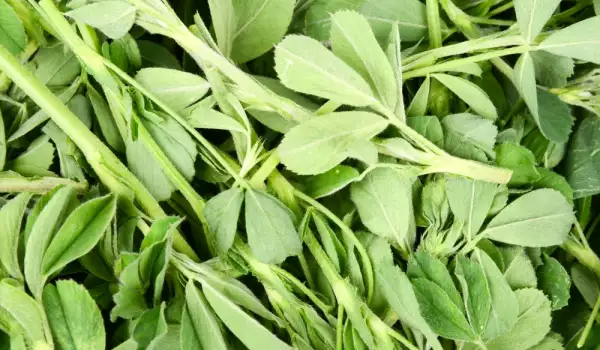
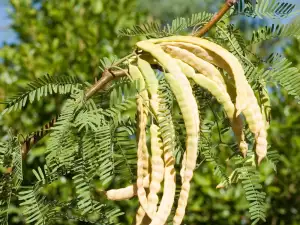
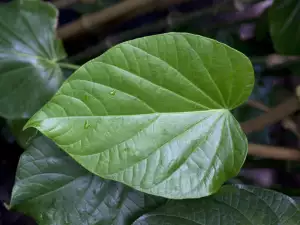
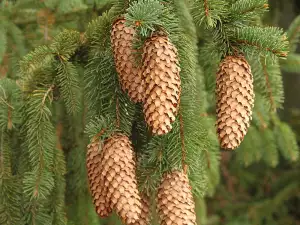
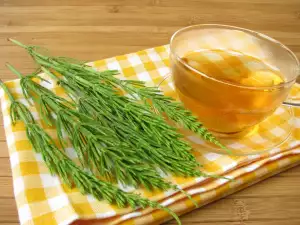
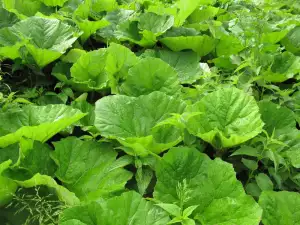
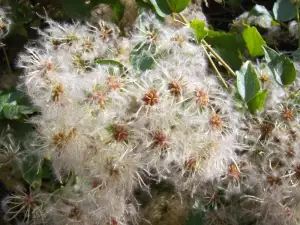
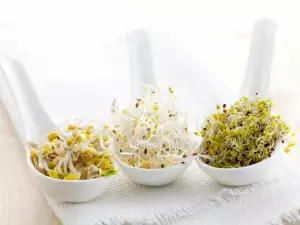

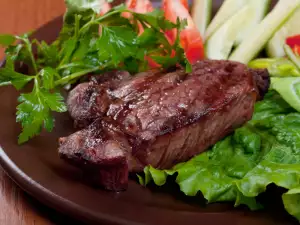

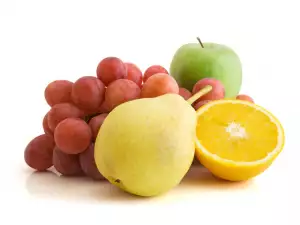
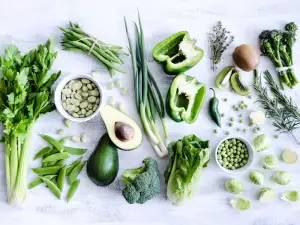

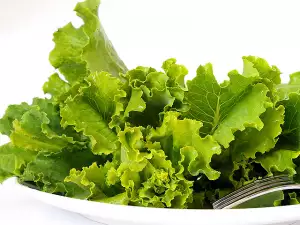

Comments